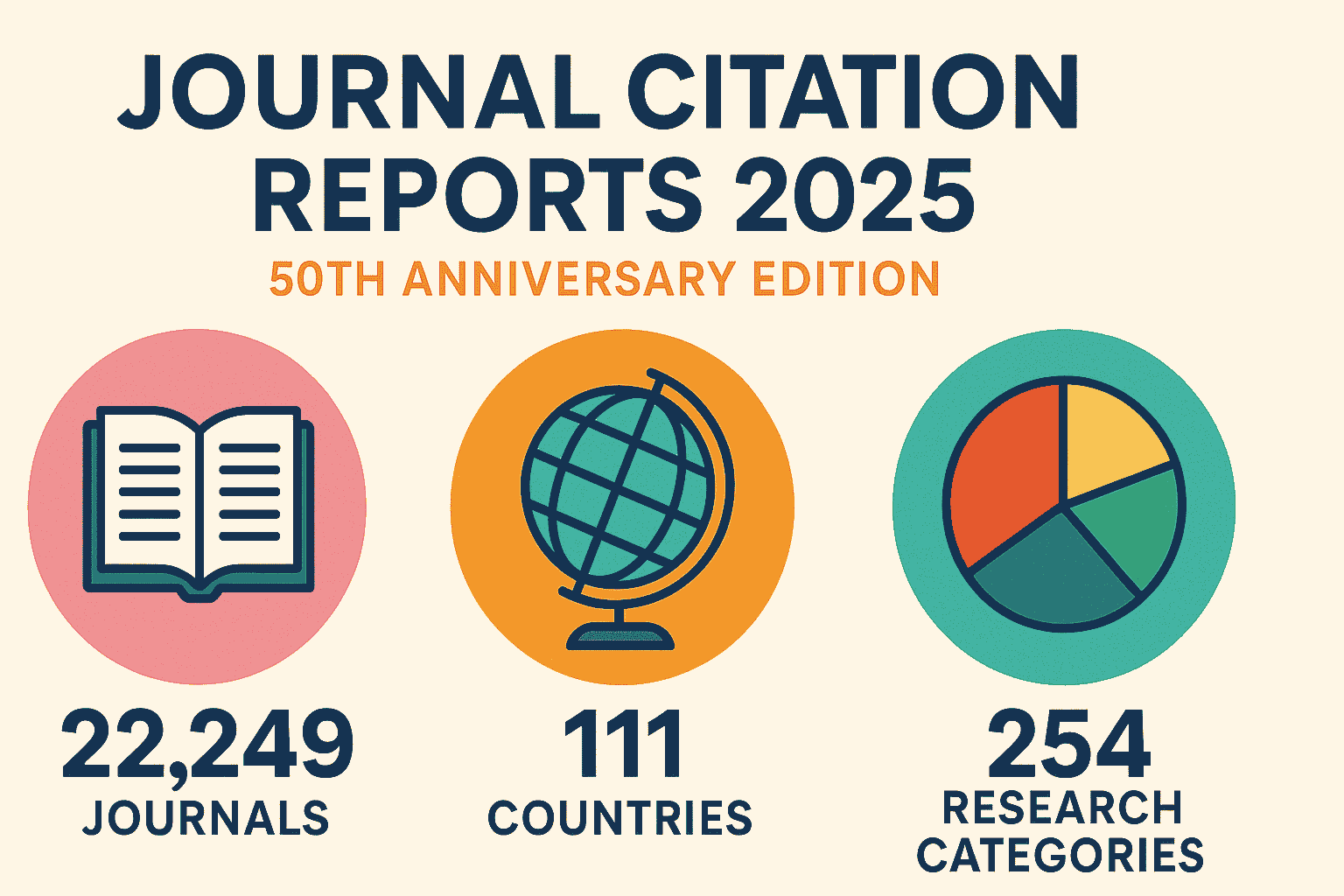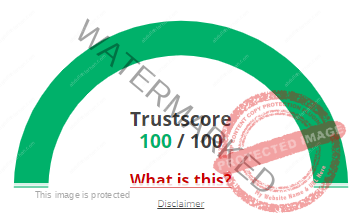Nature Immunology, Published online: 11 August 2025; doi:10.1038/s41590-025-02237-0 CD4+ T cells migrate from the gut and adipose tissue to the brain parenchyma, in mouse and human, transmitting information on diet and microbiome to Read More
Tags :T-cells
Functional avidity of anti-B7H3 CAR-T constructs predicts antigen density thresholds
Functional avidity of anti-B7H3 CAR-T constructs predicts antigen density thresholds for triggering effector function Summary This study investigates the relationship between the functional avidity of anti-B7H3 CAR-T cells and the antigen density required Read More
Early methionine availability attenuates T cell exhaustion – New Study
Nature Immunology, Published online: 23 July 2025; doi:10.1038/s41590-025-02223-6 The tumor environment is nutrient deficient. Here the authors show that early availability of methionine is critical for optimal T cell activation and prevents T Read More
Different tumour-resident memory T-cell subsets regulate responses to anti-PD-1 and
Different tumour-resident memory T-cell subsets regulate responses to anti-PD-1 and anti-CTLA-4 cancer immunotherapies Summary Tumour-resident memory T cells (Trm) are critical for effective cancer immunotherapy, but their heterogeneity and specific roles remain unclear. Research reveals Read More
Nature Immunology, Published online: 30 June 2025; doi:10.1038/s41590-025-02215-6 Y do T cells fail Summary A new study published in Nature Immunology (June 30, 2025) investigates the mechanisms behind T cell exhaustion. The research delves into Read More
CD4<sup>+</sup> T cells license Kupffer cells to reverse CD8<sup>+</sup> T
Nature Immunology, Published online: 30 June 2025; doi:10.1038/s41590-025-02199-3 Here the authors show that CD4+ effector T cells prevent or reverse CD8+ T cell dysfunction by licensing Kupffer cells to trigger IL-27 production, defining Read More
Antigen cross-presentation Antigen cross-presentation is a critical immunological process that allows exogenous antigens, typically presented via MHC class II to CD4+ T cells, to be presented on MHC class I molecules for recognition by CD8+ Read More







